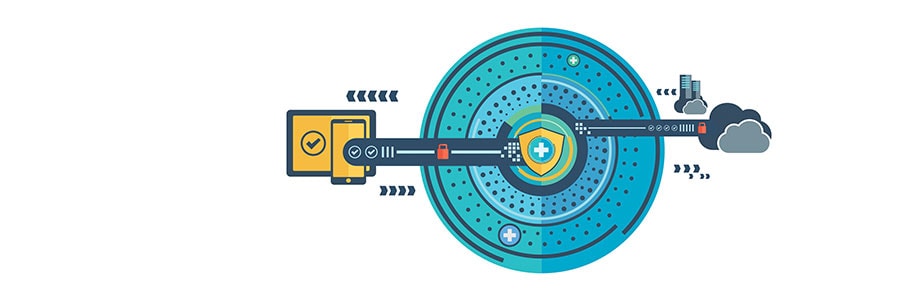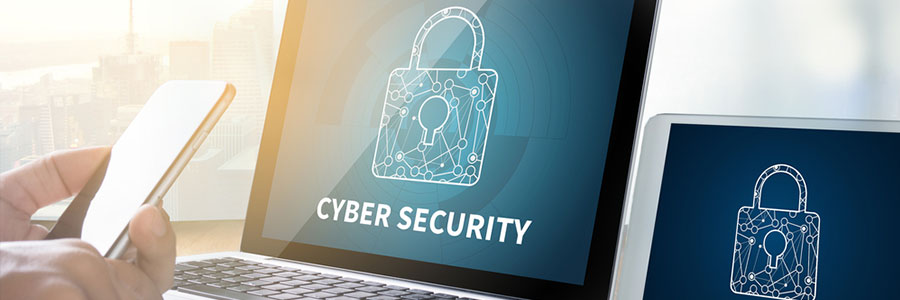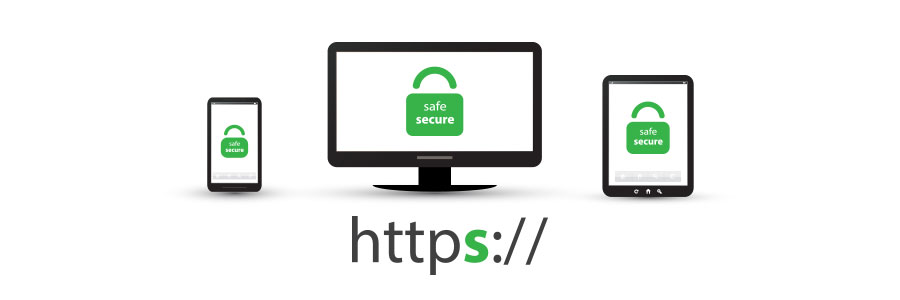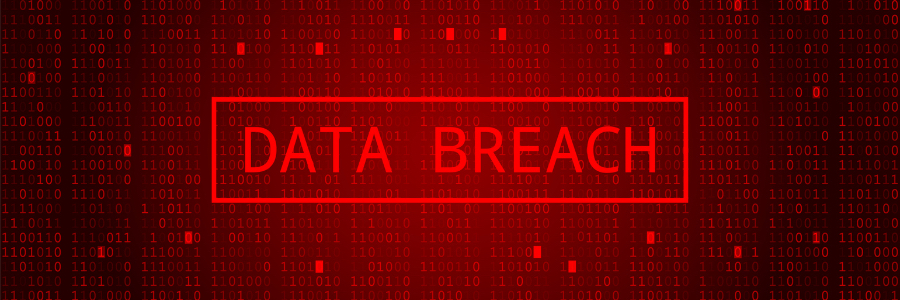The internet is a Wild West of sorts. One can never know what kind of cyberthreat they’ll come across. This is why businesses should use secure web browsers to keep threats at bay. But how safe are the popular browsers of today? Let’s find out.
Microsoft Edge
Microsoft Edge, Windows 10’s current default browser, is an improvement over its predecessor Internet Explorer (IE). Edge is based on the open source Chromium browser, resulting in a powerful and efficient browser that supports Progressive Web Apps and Google Chrome extensions.
How to choose the safest web browser

Your business’s cybersecurity needs an MSP

With the prevalence of cyberattacks on companies of all sizes these days, businesses cannot afford to relegate cybersecurity to the bottom of their budget priorities. When it comes to cybersecurity, even small businesses should partner with a managed IT services provider (MSP). Here’s why it's crucial to partner with an MSP that can implement robust cybersecurity solutions for your business.
How to be proactive with your cyber defenses

It is good to have an IT team and/or a third-party partner like a managed services provider (MSP) that helps keep your company protected against cyberthreats. It is even better to have all stakeholders be involved in preventing data breaches. Here’s how everyone can be proactive when it comes to cybersecurity.
5 Best practices for securing PHI

Protected health information (PHI) includes personal, medical, and financial information, as well as other data created or used when a patient sought and received healthcare services. Due to the sensitive nature of PHI, it is highly valuable to hackers — and this is why your healthcare organization must do everything possible to protect any PHI data it handles.
Here’s why you need a VPN and how to choose one

Installing antivirus software and using strong passwords are no longer considered the bare minimum in cybersecurity. With your online activities transparent to internet service providers, third parties, and hackers alike, it’s important to keep your information secure and private by using a virtual private network (VPN). Here’s why.
Fileless malware: Are you at risk?

Over the past few years, the security industry has witnessed a rapid evolution in attack techniques, including fileless malware. Now, cybercriminals use legitimate tools and services such as existing software, applications, and authorized protocols to carry out malicious activities like unauthorized data retrieval or data damage.
How to prevent healthcare data breaches
What HTTPS means for cybersecurity

As people’s reliance on the internet deepened through the years, cybercriminals also began to move more stealthily. Online shoppers, for instance, can be led to a payment page that has no HTTPS in its URL. If they enter their personal details on this page, they will be a prime target for identity theft without them knowing.
Researchers uncover new strain of Android malware

The Android operating system (OS) relies on an open-source code that allows users and manufacturers to modify their phones’ or tablets’ OSs. The problem is, Android’s open-sourced nature also makes it susceptible to cyberthreats. Recently, security experts found DEFENSOR ID — a new type of Android malware exploiting the system's Accessibility Services.
Secure your business printers to avoid getting hacked

To achieve foolproof cybersecurity, you must make sure that every endpoint is protected from threats. That means securing every network, every server, every computer — and every printer. Because they’re easily overlooked, print devices can be exploited by hackers and used as an entry point to steal or modify data.


